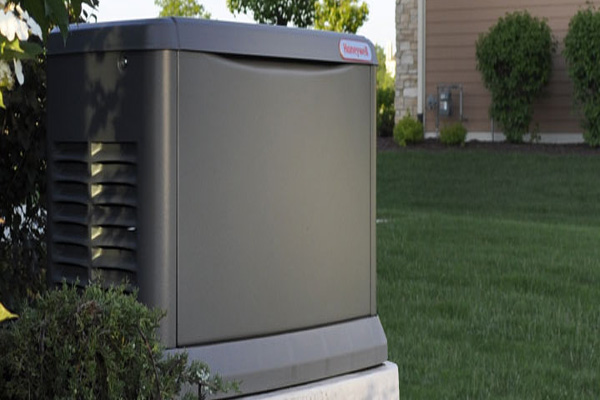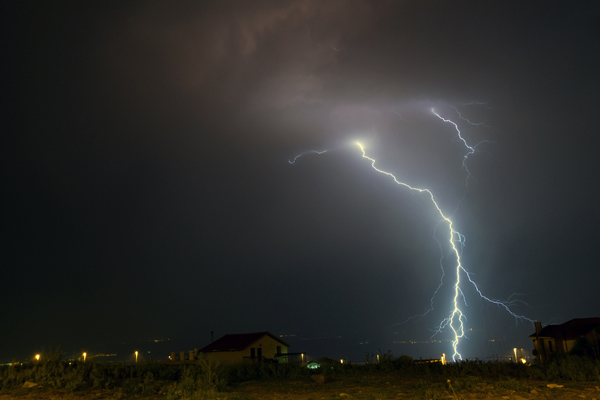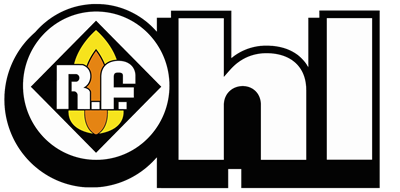How To Size A Standby Generator?

Generators can power your home when there is a blackout or if you live in an area where the power supply isn’t available. Generators come in different types, and each has its respective wattage and requirements. One of the most common kinds is the whole-home generators. With this, many ask us “How to size a standby generator?”. In this article, we answer this common question.
What Are Whole-House Generators?
Contents
Whole-house generators offer backup power for your home when there are power outages. Natural disasters or man-made mistakes could cause outages. This kind is recommended for extended use. They can power your home completely, including all appliances and devices.
This generator is also known as an emergency generator. They can be large and bulky, but they add a lot of value to your home. They are a highly reliable piece of machinery so you will have peace of mind when using them. The best part is that they don’t need human manipulation as they operate automatically. They turn on automatically when there are outages or interruptions. It also doesn’t need to be turned off as this is entirely automatic as well.
A whole-house generator can power your refrigerator so that your food doesn’t spoil. Your home’s security system is powered as well. This way, you will have continuous security, which is a helpful feature during disasters.
Once you have decided to purchase and install a generator in your home, you must determine the correct size you need first. The whole house generator needs to have sufficient power to operate all appliances, specifically power-hungry ones.
What Is Standby Generator Size?
Purchasing a generator means you need to understand how much power is required to run your home. Generator sizes are based on their electrical output. It isn’t referring to the generator’s physical dimensions, although you need to remember the space it will consume on your property as well.
The measurement of the electrical output is in watts or kilowatts (kW). One kilowatt is equal to a thousand watts, so remember this when determining the size. Most homeowners make mistakes when determining the generator size their house needs. They often underestimate the required wattage, so the generator they end up buying is too small for their needs. The generator ends up overloaded, supplying more power than it can handle. As a result, the generator will overheat and automatically turn off. You don’t want this to happen, as this can end up damaging the generator. On the other hand, a generator that is too large means you’ll pay more to run the unit.
How To Size A Standby Generator?

Finding the proper generator size is simple. First, you need a calculator. Identify the devices in your home that you want the generator to power. Check the manual for all big appliances you have to know their required running wattage, which will then be multiplied by three. Make sure to take note of the starting wattage as well. Add all the devices, so you get the total wattage your generator needs to have.
However, you also must understand the meaning of wattages. Starting wattage refers to the initial high load required to start electrical appliances from a dead stop. Keep in mind that some appliances need high starting loads, such as motors and compressors. In contrast, the running load is the required load to keep the device running after it has started initially. Therefore, the formula is as follows: (starting wattage times three) plus running wattage.
For instance, a refrigerator’s starting wattage might be 700 watts. You need to multiply this by three to determine the load on your generator (2100 watts). When the refrigerator is running, it will use 300 watts. Therefore, the total load on your generator will be 2400 watts.
The generator you buy should meet this value so that the refrigerator can run without a hitch. You need to do this calculation on all the appliances and electrical devices in your home. This way, you’ll know the total wattage you need for your generator. Bear in mind that these are the minimum numbers. It is recommended to have some overhead to prevent the generator from overloading and shorting out.
Do I Need Professional Help To Determine Accurate Standby Generator Size?
Conducting a DIY might seem like a tempting idea. However, this is a time-consuming process that might go wrong. One miscalculation could lead to the generator shorting out because of overloading. Therefore, it is a good idea to consult a professional and ask for help.
Hiring a professional will ensure that all electrical devices and appliances are taken into account before the generator is installed. Moreover, a professional will make sure that the generator is wired and installed correctly. They will test the installed generator as well. This way, you can be sure that the generator works as it should and can handle all of the load without any problems.
Your whole-house generator also needs to be maintained. This is why having a professional come and help you is an excellent idea. They should check the generator periodically so that it remains in tiptop shape for a long time.
Conclusion
Having a whole-house generator in your home is a good idea. It just needs to be correctly executed. This includes calculating the wattage of all appliances and devices in your home. The calculation you need should be confirmed by a professional. If not, you risk having your newly installed generator burning out. Hire a professional to assist you so you can use your generator stress-free. You don’t have to worry about any complex calculations or if your generator works as it should or not. A professional will do this all for you.
Call R.F. Ohl For All Of Your Standby Generator Requirements

For whole-house generator installations, repairs, and maintenance services, contact R.F. Ohl. You can trust R.F. Ohl to help you choose the best home generator for your needs. Likewise, we can provide standby generator repairs and maintenance services that will keep your backup generator running properly for many years to come. You can count on us to provide you with excellent service and prices. Call today to schedule a free, in-home consultation.
Click here to contact us today or give us a call at (610) 377-1098 if you have any questions.